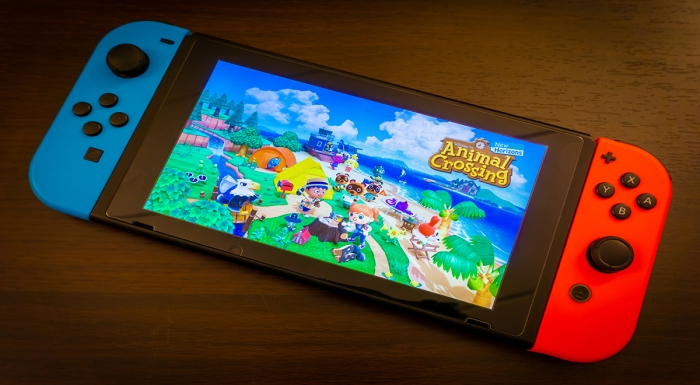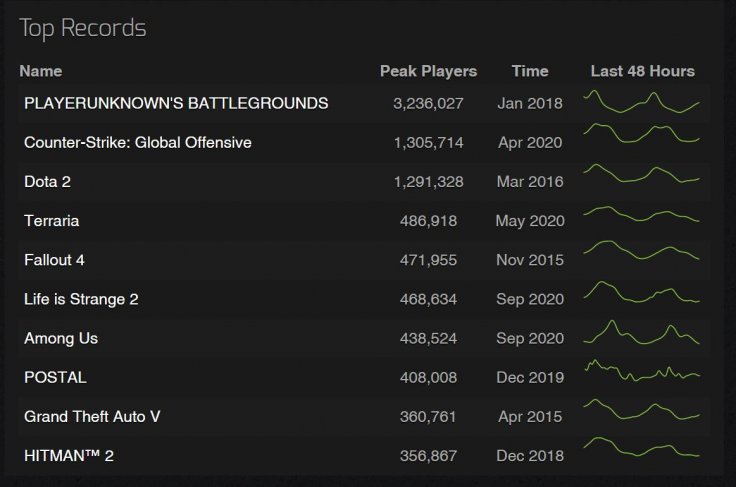There have been many debates about the role of video games on child development. An overwhelming majority still believes video games aren't good for mental health while many experts have also pointed out how it can become an addiction. But a new study by Oxford University, found that playing video games can positively impact mental health.
This year with many children and young adults staying at home due to Coronavirus pandemic enforced lockdowns, video games have once again come into question. As schools and colleges remained closed and outdoor activities restricted, kids have turned to video games to pass time. Considering that, video games have had a huge impact on their mental health. However, the study conducted by Oxford University found that those who had a positive experience while playing games were more likely to have a positive mental health outcome.

Games Good for Mental Health
In the previous studies, researchers conducted surveys and asked players about their playing time. In this new study, researchers relied on industry data to determine actual playtime. They teamed up with game developers Electronic Arts (EA) and Nintendo America for access to actual play data on two popular games — Plants vs Zombies: Battle for Neighborville and Animal Crossing: New Horizons.
A total of 3,274 players were surveyed to measure self-reported play, wellbeing and motivational experience during play. The researchers then combined the survey data with objective behavioral data from the game developers.
"Through access to data on peoples' playing time, for the first time we've been able to investigate the relation between actual gameplay behavior and subjective well-being, enabling us to deliver a template for crafting high-quality evidence to support health policymakers," said lead author Professor Andrew Przybylski, who is the Director of Research at the Oxford Internet Institute.

The Oxford researchers wanted to explore the association between game objective and mental wellbeing. To do that, they examined the link between measured behavior and subjective mental health. By analyzing the player experience — feelings of autonomy, competence, relatedness, enjoyment and pressured to play — the researchers concluded that genuine enjoyment played a bigger factor in wellbeing.
"Our findings show video games aren't necessarily bad for your health; there are other psychological factors that have a significant effect on a person's wellbeing. In fact, play can be an activity that relates positively to people's mental health – and regulating video games could withhold those benefits from players," Przybylski added.
Study's Limitations
The study focused on two games that were designed for children. Plants vs Zombies: Battle for Neighborville hasn't been one of the popular titles on either Steam, PlayStation Network or Xbox. The other game, Animal Crossing: New Horizons is a Nintendo Switch title that is also aimed at children with a PEGI 3 rating.

On all three platforms — PC, PlayStation and Xbox — violent games such as Counterstrike, Pub-G, Grand Theft Auto V, Call of Duty War Zone and Fortnite are most played games. All of these titles depict violence, verbal abuse and cruelty while GTA-V has sexually explicit content as well. Those games are mostly played by young adults who are in their adolescence and are more vulnerable to factors that could affect mental wellbeing. Such games have often been linked to aggression.
The findings of the study could change depending on the game and even a stage of the game. For example, in a popular title Red Dead Redemption II, which is aimed at players over 18 years of age, the lead character in the game Arthur Morgan could be guided to become a cruel murderer and robber. But players can also choose to make him kind to others and spare lives. Hence, a comprehensive study with multiple factors would be better suited to understand the correlation. Another area would be to include games and players in adolescence.









